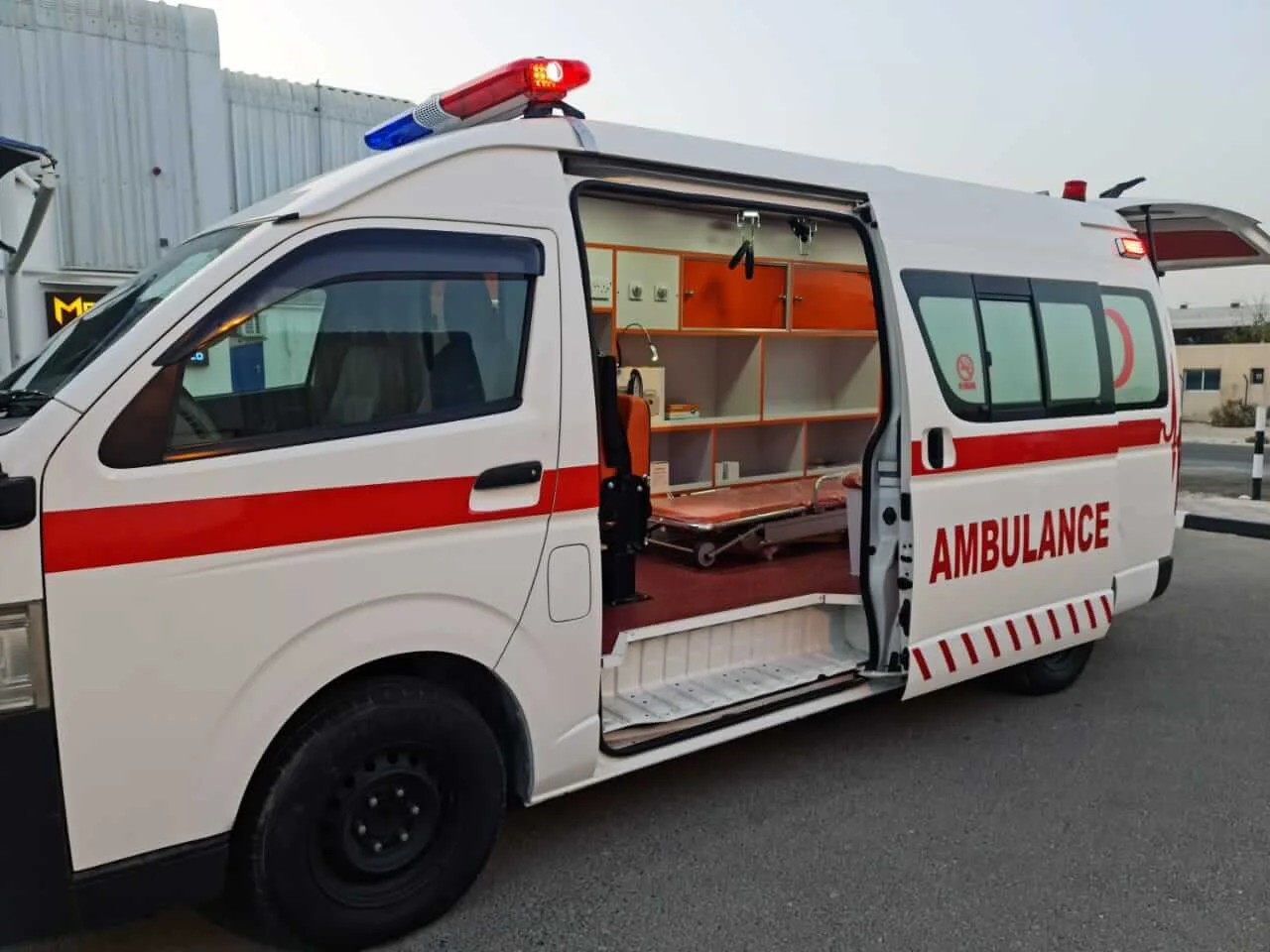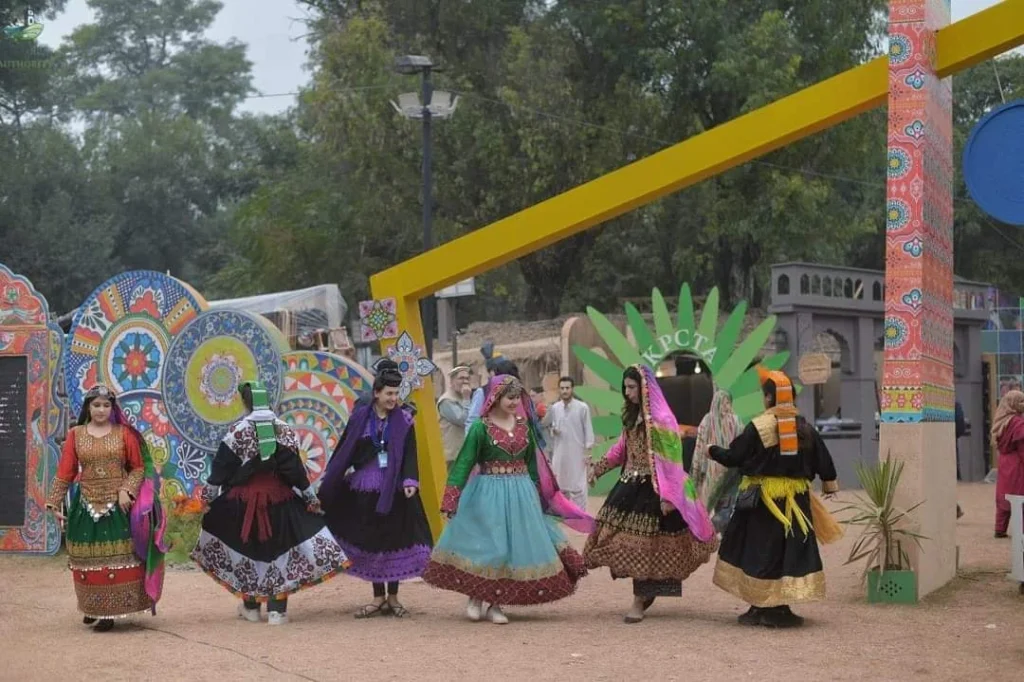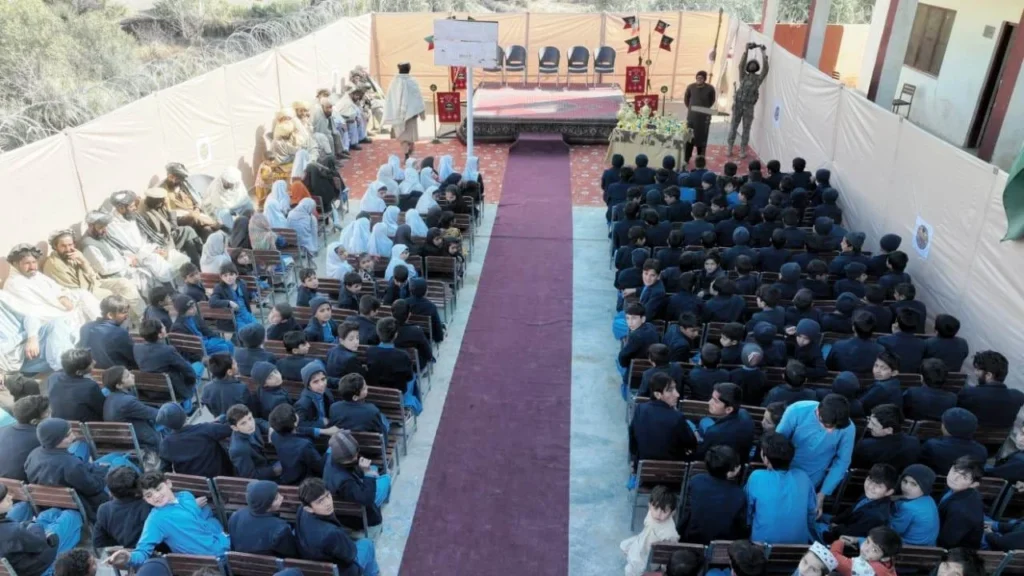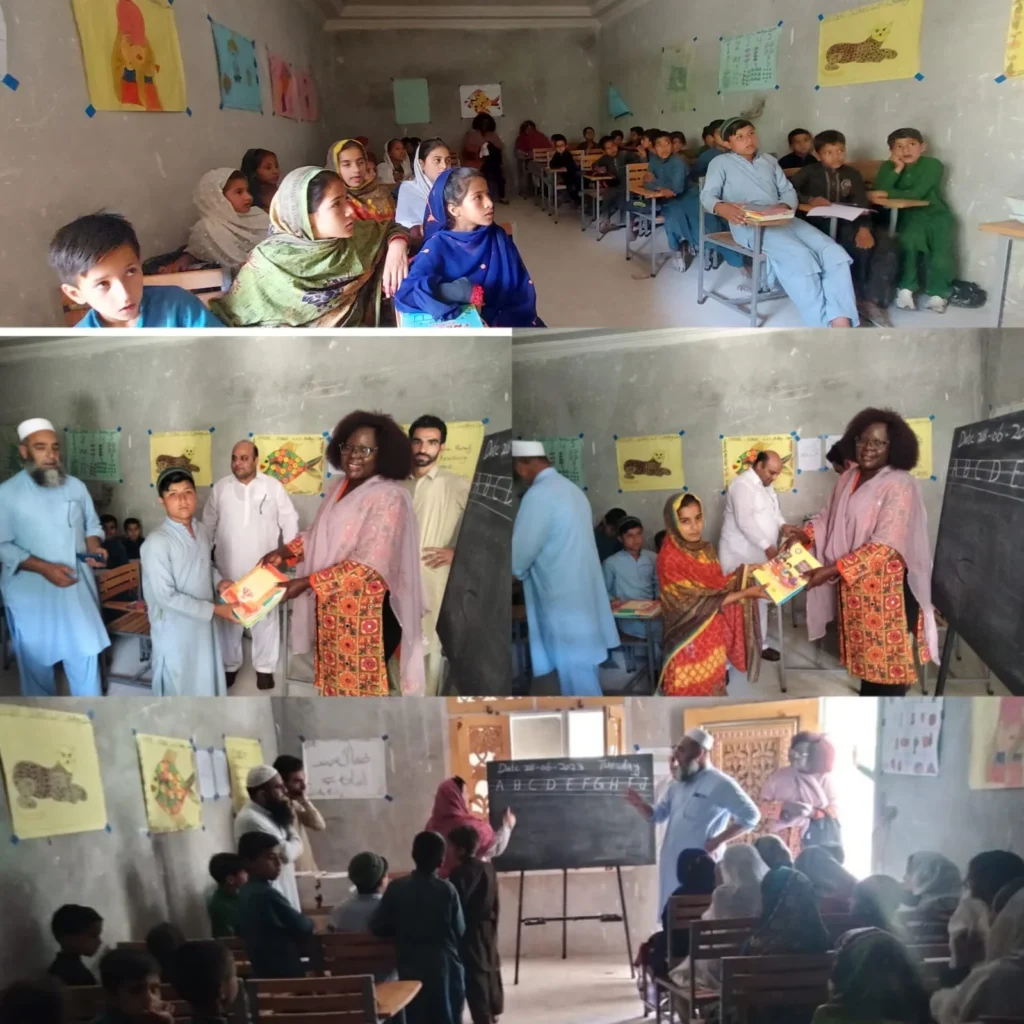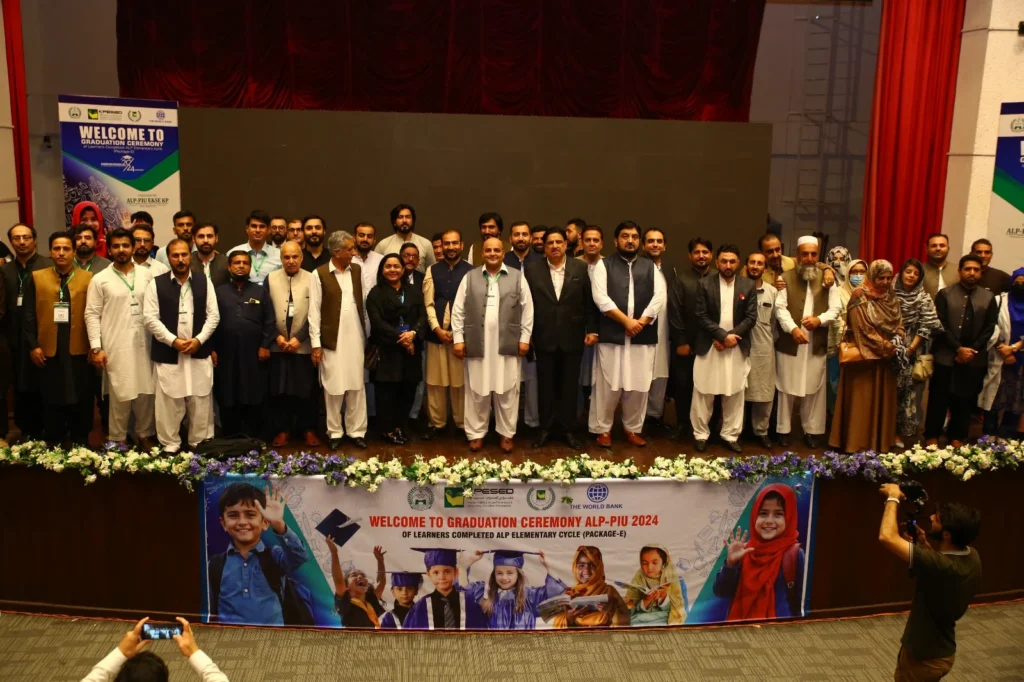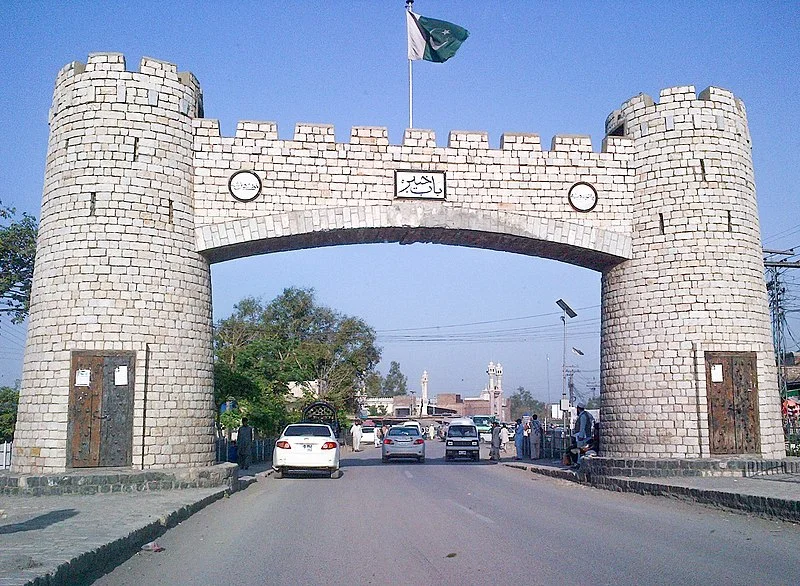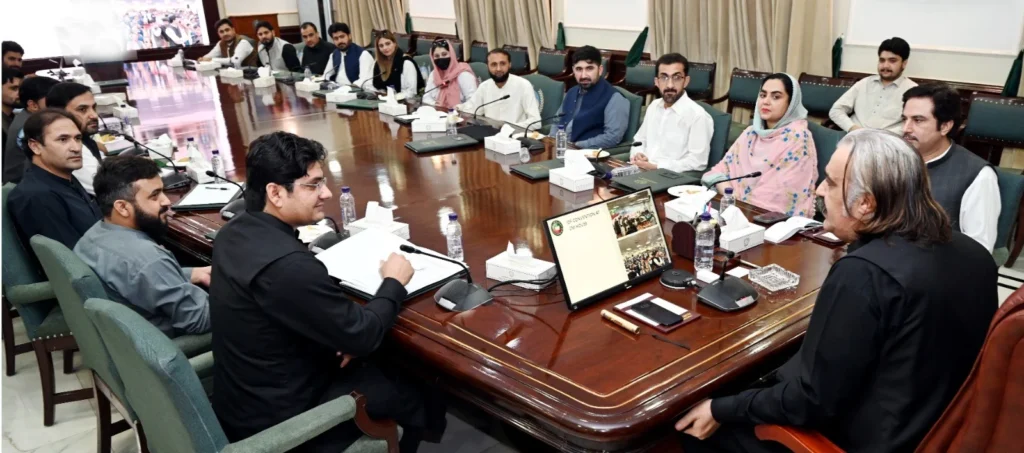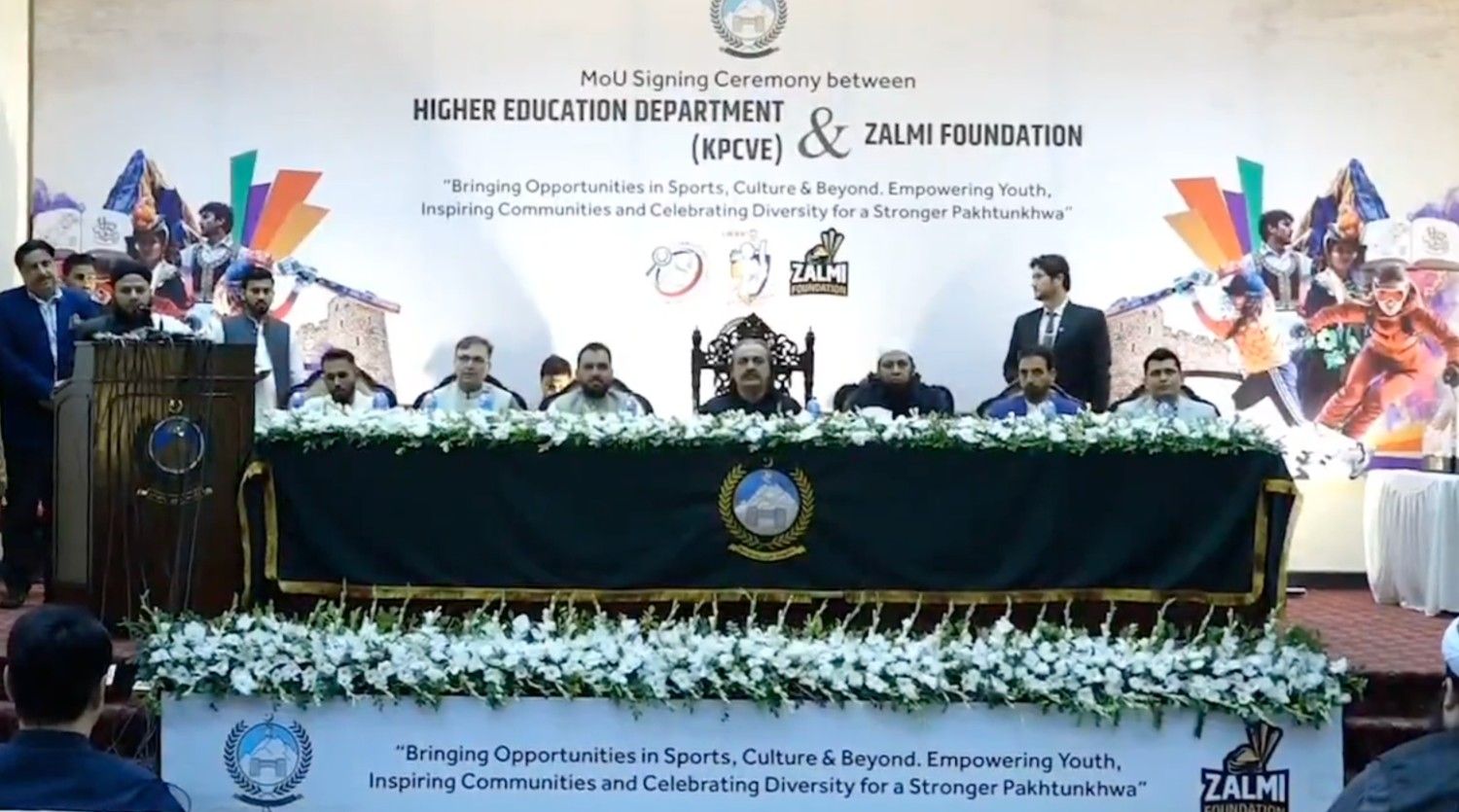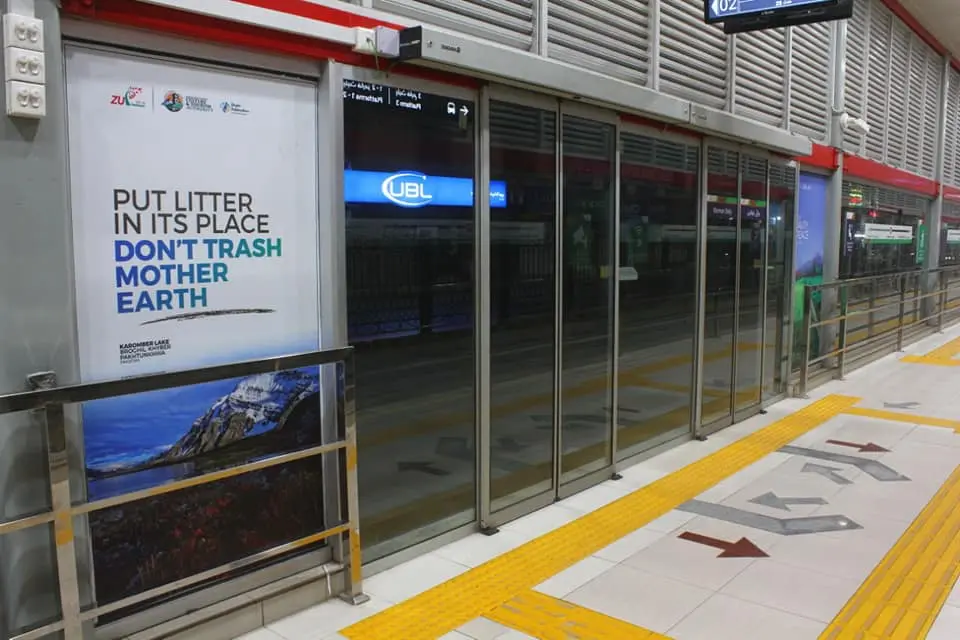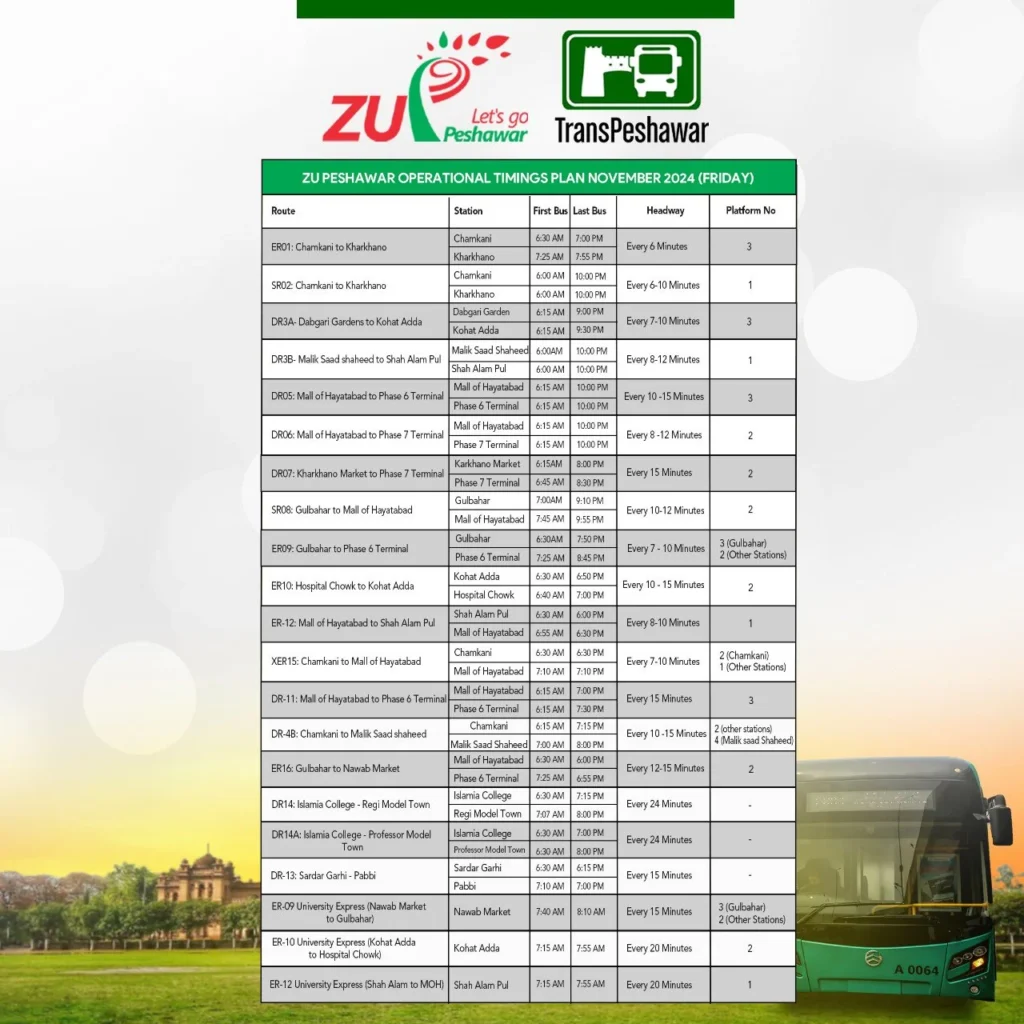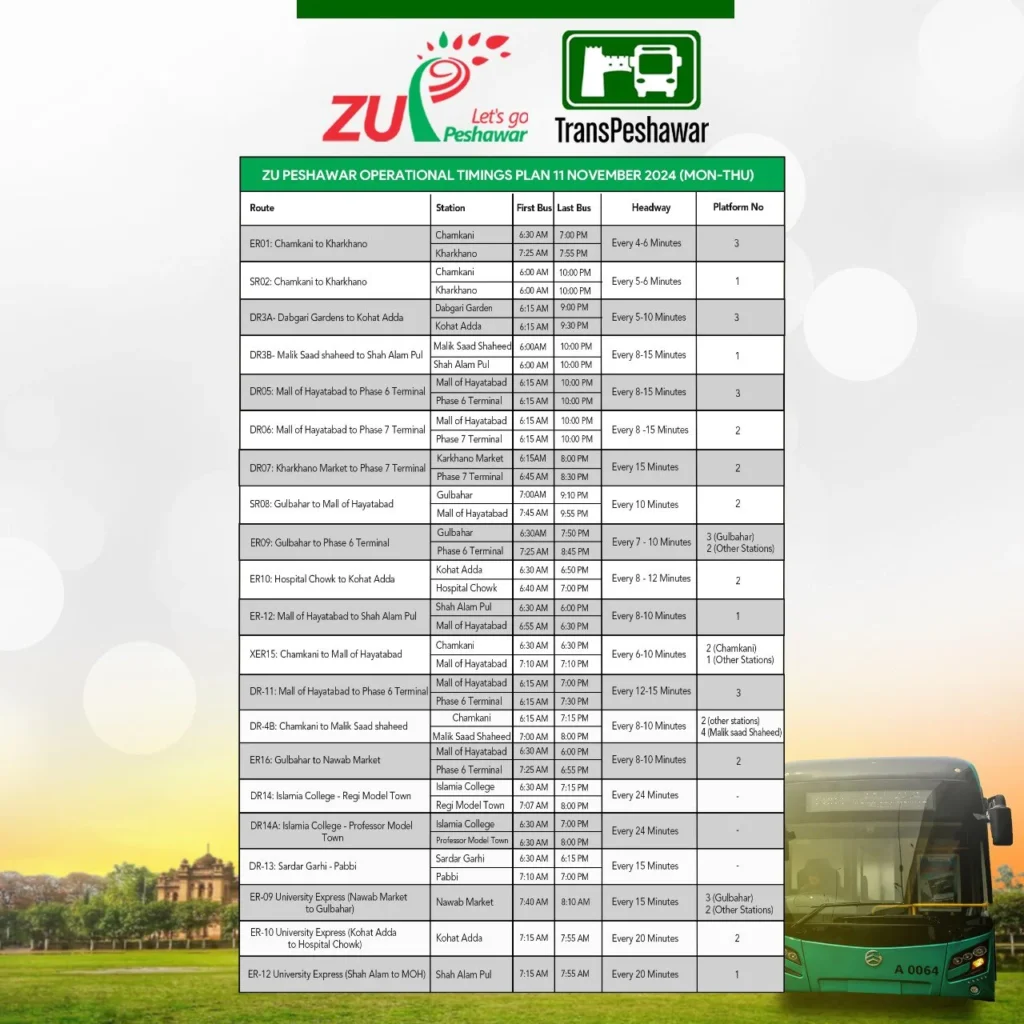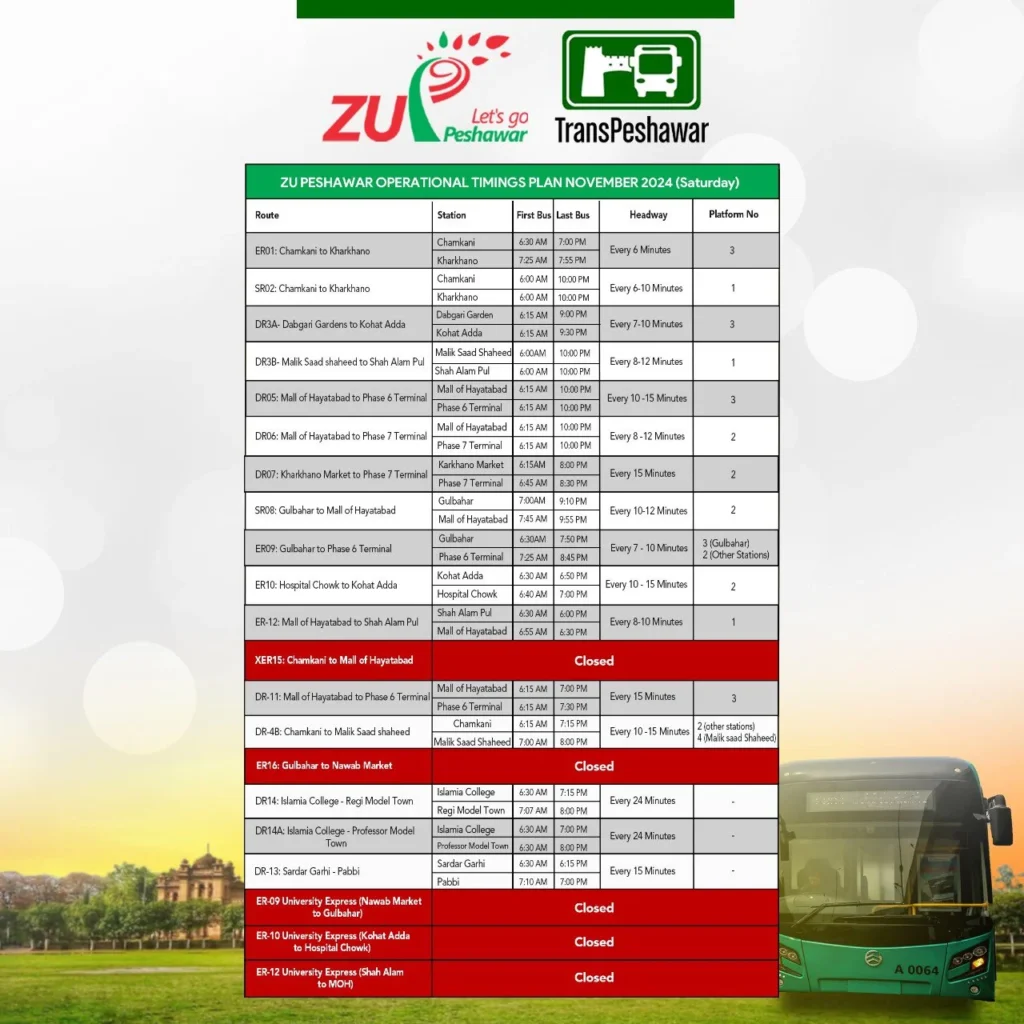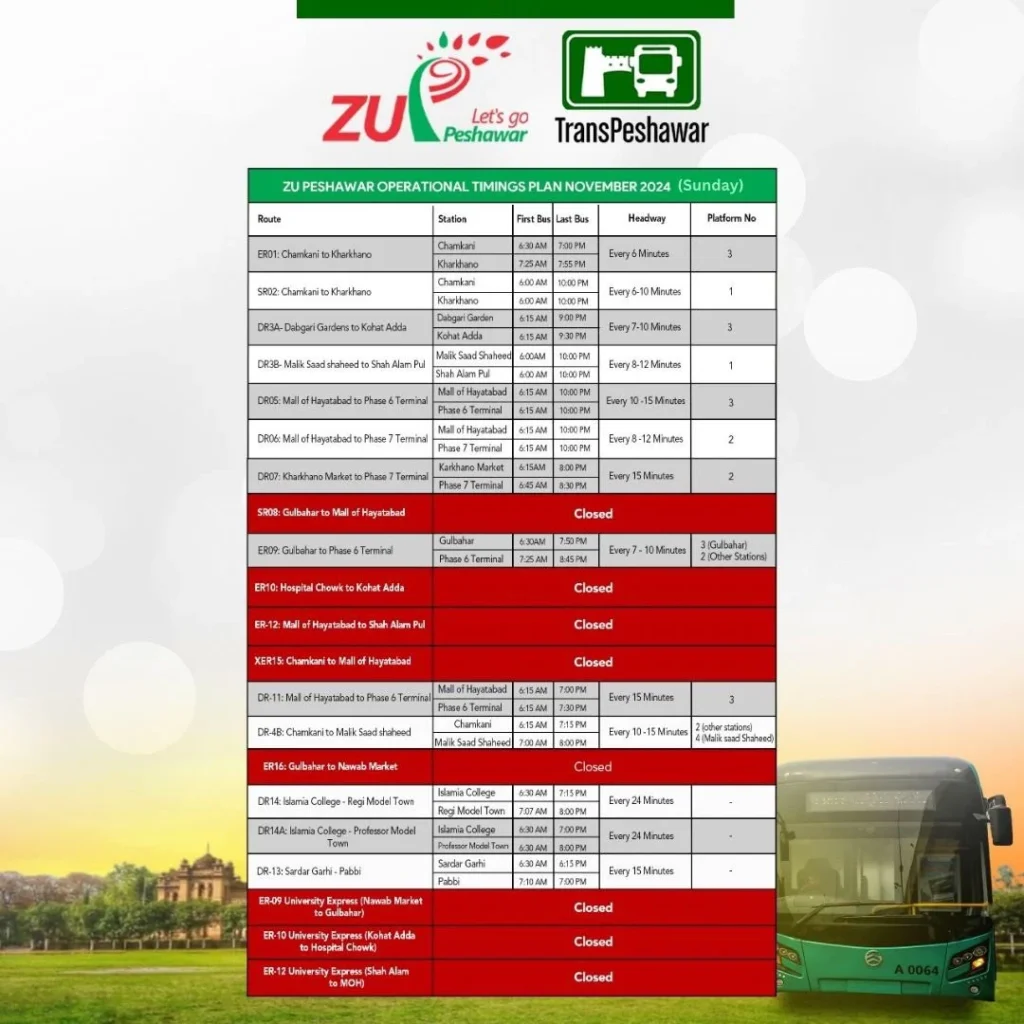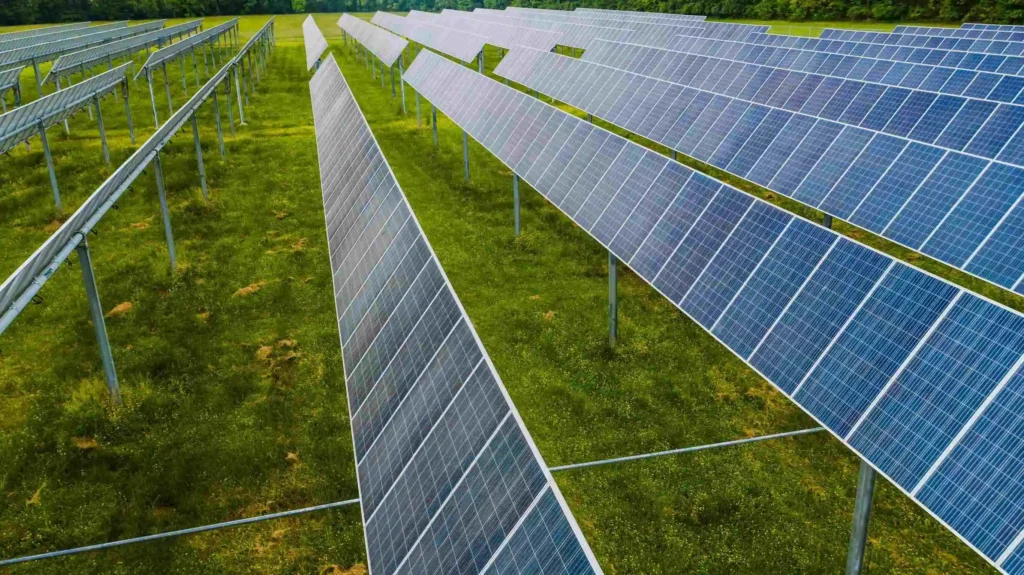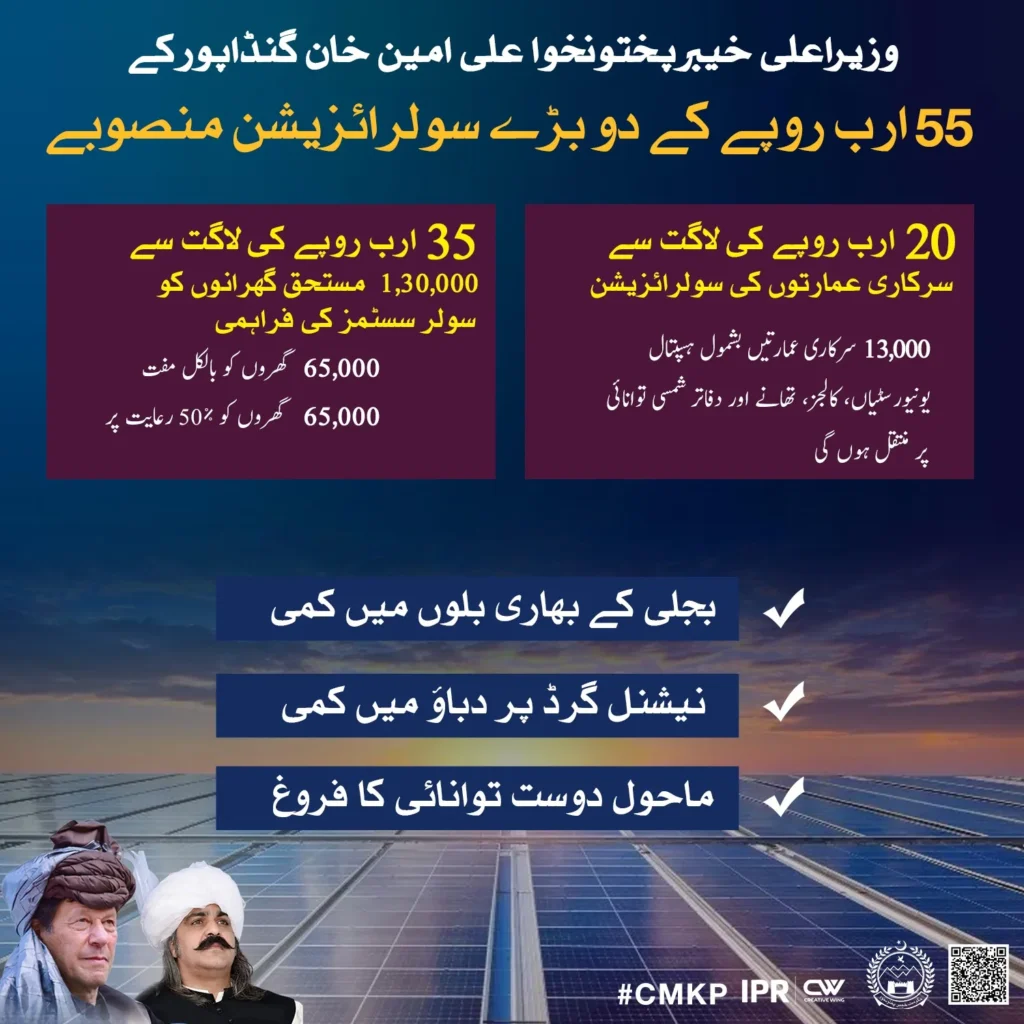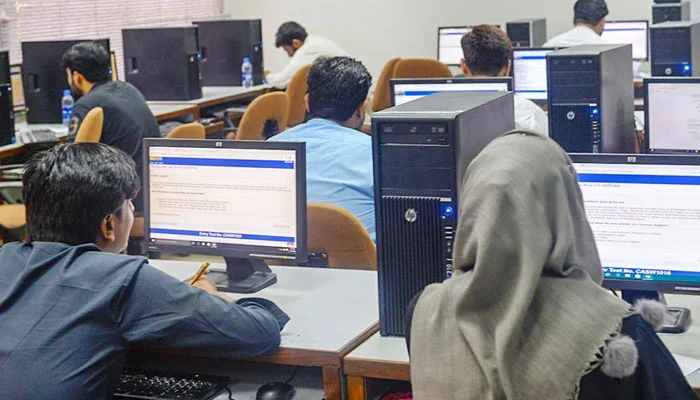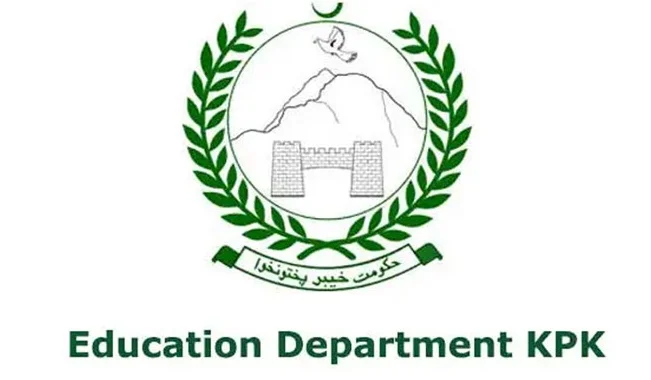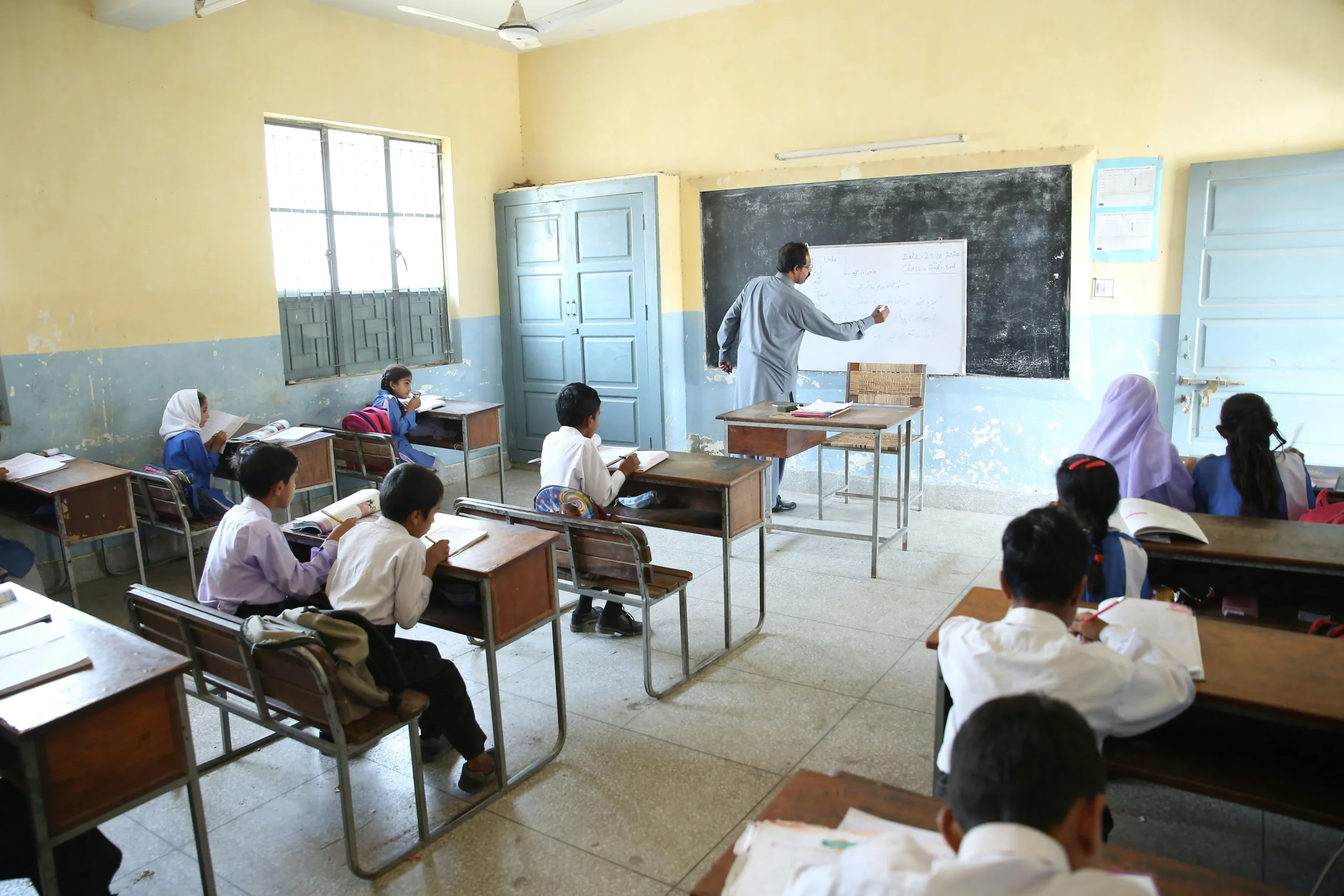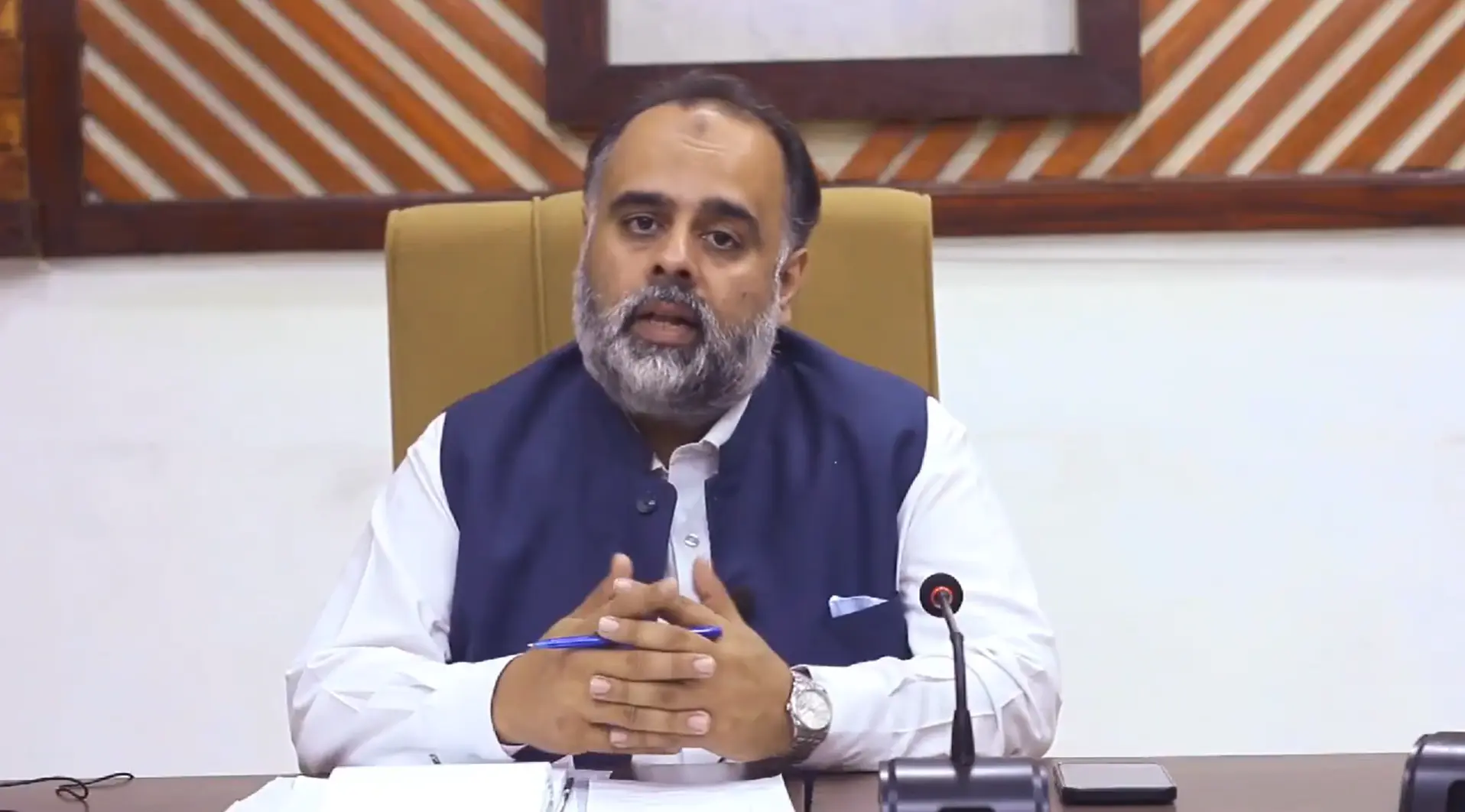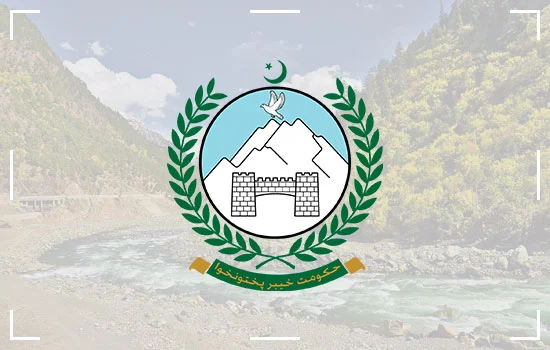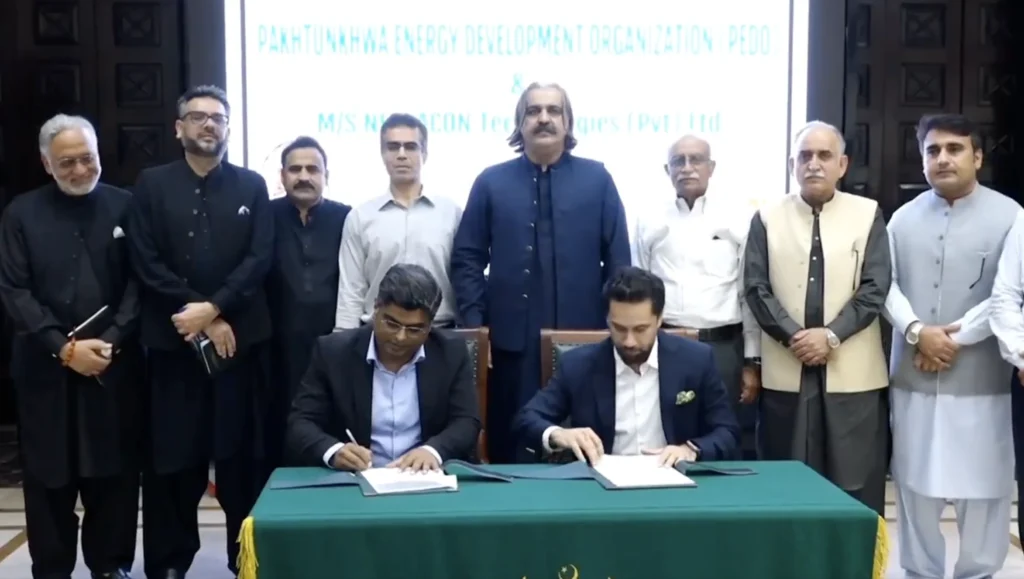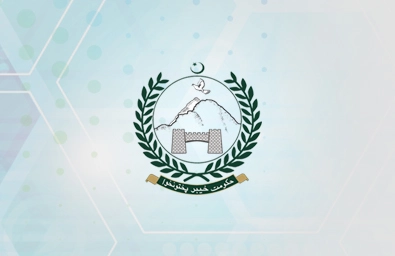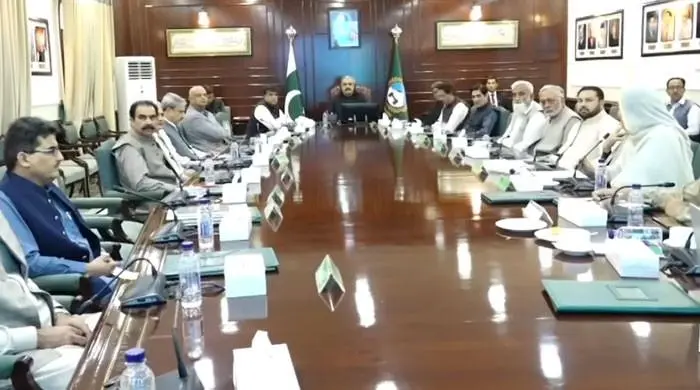Introduction:
The Khyber Pakhtunkhwa government has started a Free Ambulance Service for overseas Pakistanis.
This service helps families by transporting their loved ones who have passed away from the airport to their hometowns.

Key Highlights of the Initiative:
The provincial government has earmarked 70 million PKR for this service, and with these funds, six ambulances will be acquired.
Additionally, a monthly budget of 1.5 million PKR has been designated for fuel and operational costs.
Purpose of the Free Ambulance Service:
This service is for families bringing their loved ones who passed away from other countries. It provides free transport from Peshawar and Islamabad airports to their hometowns.
Why This Service is Needed:
Many people from Khyber Pakhtunkhwa live in other countries. When a family member passes away, it can be difficult and expensive to bring the body back to their hometown.
To help families in this hard time, a free ambulance service has been started.
Implementation Plan:
The government has tasked the Department of Rehabilitation with managing the project. Important steps include:
- Coordination with Civil Aviation Authority: The Relief Department will work with the Civil Aviation Authority to set up the service details.
- Strategic Deployment: Ambulances will be placed at Peshawar and Islamabad airports to ensure quick service.
- Sustainability: The service will get extra monthly funds for fuel and other needs.
Benefits for Overseas Pakistanis:
This free ambulance service is a way to thank overseas Pakistanis for their support of the country’s economy. It ensures their families don’t face extra stress during difficult times.
Final Words:
The Khyber Pakhtunkhwa government’s plan to start a free ambulance service for overseas Pakistanis shows its care for its people.
This thoughtful step will help families and strengthen the connection between the government and Pakistanis living abroad.

